If you ever need to tame a room full of unruly children, simply utter the phrase: “once upon a time…”
The desire to listen to a well-spun yarn begins almost universally at an early age, and has done so for generation upon generation, as if coded into our very DNA. From medieval fairy tales to ancient Greek aoidoi bards and the recounting of origin myths around prehistoric campfires, the tradition of storytelling can be traced back and back and back, right to the moment when humans first started communicating with language. It is part of who we are.
Yet, for a while, we seemed to have lost that simple art. The omnipresence of technology and on-demand entertainment, plus the hustle and bustle of modern life, mean that we don’t gather together to tell one another stories the way we used to. But perhaps that missing link is exactly what’s driving the ever-expanding popularity of audiobooks.
To get to the bottom of the phenomenon that is the audiobook genre, we spoke to one of its biggest stars: Italian-American actor, director and award-winning audiobook narrator Edoardo Ballerini. Here, the “Voice of God” shares with us his love of literature, his greatest narrative challenge, and his favourite Italian word.
To give readers a bit of background on how you got your start: How did you first discover the art of storytelling, and what was your first book as a narrator?
I’ve been surrounded by storytelling, language and performance my whole life. My father is a poet, and as a child I would attend readings and listen to discussions of literature around the dinner table. As a young man I wanted to be a writer myself. My mother has always been a reader and writer, too, so there’s a lot of family history there. My first book as a narrator was Macchiavelli’s The Prince. Not a bad way to start.
View this post on Instagram
Before you came to audiobooks, you were an actor on TV and in film. In what ways have your experiences as an actor informed your approach to narration?
I’ve always been a ‘character actor’ on screen. I’ve played all kinds of parts, in all kinds of genres, using all kinds of accents. That’s the perfect training ground for working in audiobooks, where you play every part, including the scenery. You have to be a chameleon. And to my mind, narration is acting, it’s just a different branch of the same tree. It’s acting in front of a microphone instead of a camera or on a stage. The skill sets may be somewhat different, but it all comes back to the same root of acting.
A 2018 study by UCL Psychology & Language Sciences, commissioned by Audible, indicated that listening to audiobooks evokes a more intense emotional and physical reaction than visual storytelling mediums, like movies and TV. As someone with a background in both auditory and visual mediums, does this align with your own personal experience?
There’s a unique intimacy to audiobooks. The wonderful simplicity of the medium, usually just one voice and one listener, without a lot of production, creates a human-to-human relationship that is not found anywhere else in all of entertainment. One person telling a story to another person, in their homes, cars, gyms, walking in the woods, while cooking, wherever that person may go.
I’ve been blown away by the kind of responses I get from people about books I’ve narrated. Movies and TV are dynamic and powerful and magical, of course, and can stimulate our senses like nothing else, but it’s generally more of a spectacle and less of an intimate experience than audiobooks. I’m not surprised audiobooks have taken off like they have. We all need intimacy.
View this post on Instagram
What is generally the most difficult aspect of approaching a reading for the first time?
The narrator’s challenge is to give a performance that draws the listener in, while completely disappearing behind the text. It’s a high-wire balancing act. It’s like, “Please appreciate the work I’m doing, but please don’t notice me at all, thank you!”
If an audiobook is all about the narrator, something is wrong, it should be about the book first and foremost, and if the narrator is weak and distracts from the story, that’s a whole different problem.
What has been the most challenging book for you as a narrator so far?
The most challenging book I’ve done is, quite frankly, The Bible. Nothing compares. These are the stories we all know, that have such importance to people’s lives and culture, and can be considered the bedrock of Western civilisation. It was daunting to try to find the right balance there. I very nearly didn’t do it when asked.
Many book lovers are only recently discovering the audiobook format – and trying to decide how they feel about it. Were you an avid audiobook listener before you began narrating them?
I spend a lot of hours recording audiobooks, and of course, reading them beforehand, so at the end of my work day, I don’t really read or listen much! I prefer music to help my brain unwind. In college I used to listen to spoken word records, long before it was trendy. I loved them. But I confess to be a ‘traditional books’ kind of person overall. And in print, not on an iPad. I find great comfort in the feel of the pages and the weight of the book in my hands.
Some prefer one to the other, and some listen and read at the same time. Some people listen to one type of book and read another. There’s room for everybody.
Do you have a favourite genre, whether as a narrator or reader? And what is your favourite book?
I grew up on literature, especially classics, so I like anything that not only tells a great story, but savours language and form. There is nothing greater than a well-constructed paragraph with artfully arranged words. When I come across that, my soul lifts.
As to a favourite book, at the risk of being nerdy, it’s James Joyce’s Ulysses. It changed my life when I read it in college, and continues to amaze me every time I come back to it, which I do every year.
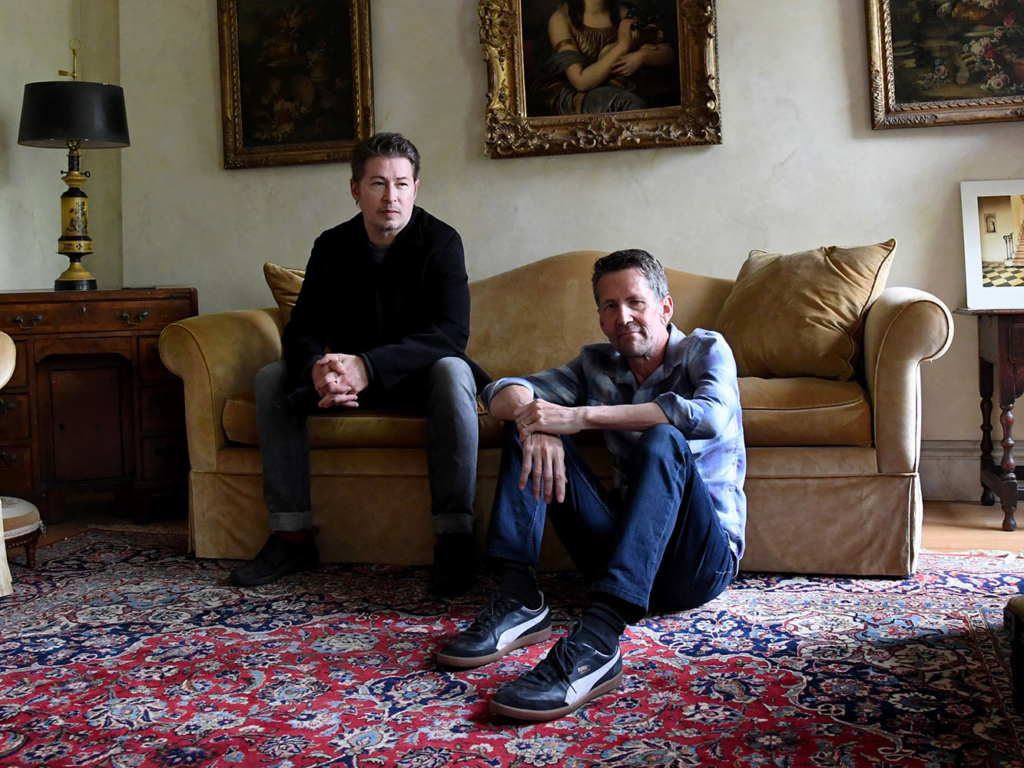
[Edoardo with author Jess Walter. Photo Credit: Kevin Mazur]
When it comes to audiobooks, some narrators give different voices to different characters, while others don’t. What factors determine the approach that the narrator takes?
Different genres call for different styles, in my opinion. A modern thriller with some Russian gangsters, say, should have Russian accents where needed. It fits the form, and the audience probably expects it. But when I recorded War and Peace, for example, there was no way I was going to give everybody Russian and French accents. I think it would have sounded ridiculous!
Given your Italian roots and your bilingual status, have you ever narrated – or would you be tempted by the idea of narrating – a book in Italian?
I would love to narrate something in Italian. Ironically, I listen to more audiobooks in Italian than I do in English. It may be because I have fewer books in Italian on my shelves, so audiobooks provide me a great way to get more Italian literature in my life. Ad alta voce on the Italian station RAI is one of my favourite programmes.
We just have to ask: do you have a favourite Italian word?
The Italian language is so gorgeous, it’s hard to pick a single favourite word, but I’ve always liked the word medesimo. The actual definition is boring, it just means ‘the same’ or ‘identical to’, but I’ve always loved the sound of it. It’s like a gentle wave. It’s so soothing.
Having already collected a lot of incredible recognition in just a little over a decade, what is the next step for you?
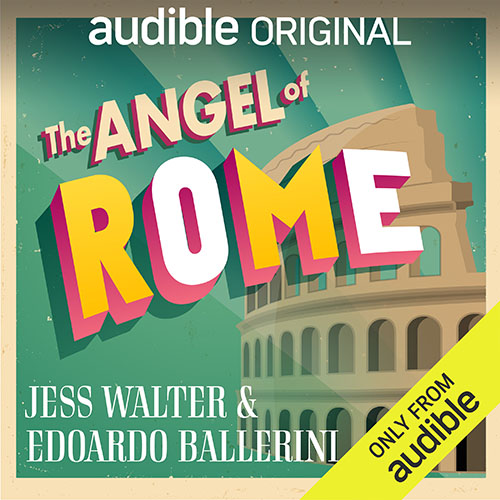
In 2021 I got to collaborate on an Audible Original with the author Jess Walter. We co-created a novella called The Angel of Rome, which I recorded. It was my first writing credit, and I’m so proud of it. Audible named it one of the “Best of 2021” and the listener feedback has been sensational. I’m definitely going to do more writing in 2022. And of course I’ll keep narrating. But I’ll also be back acting in front of cameras after a five-year break! I’m very nervous. It’s going to be a good year, a year of challenges, growth and reinvention. Let’s hope so, anyway.
[Teaser image and photo at top: Jeff Vespa]

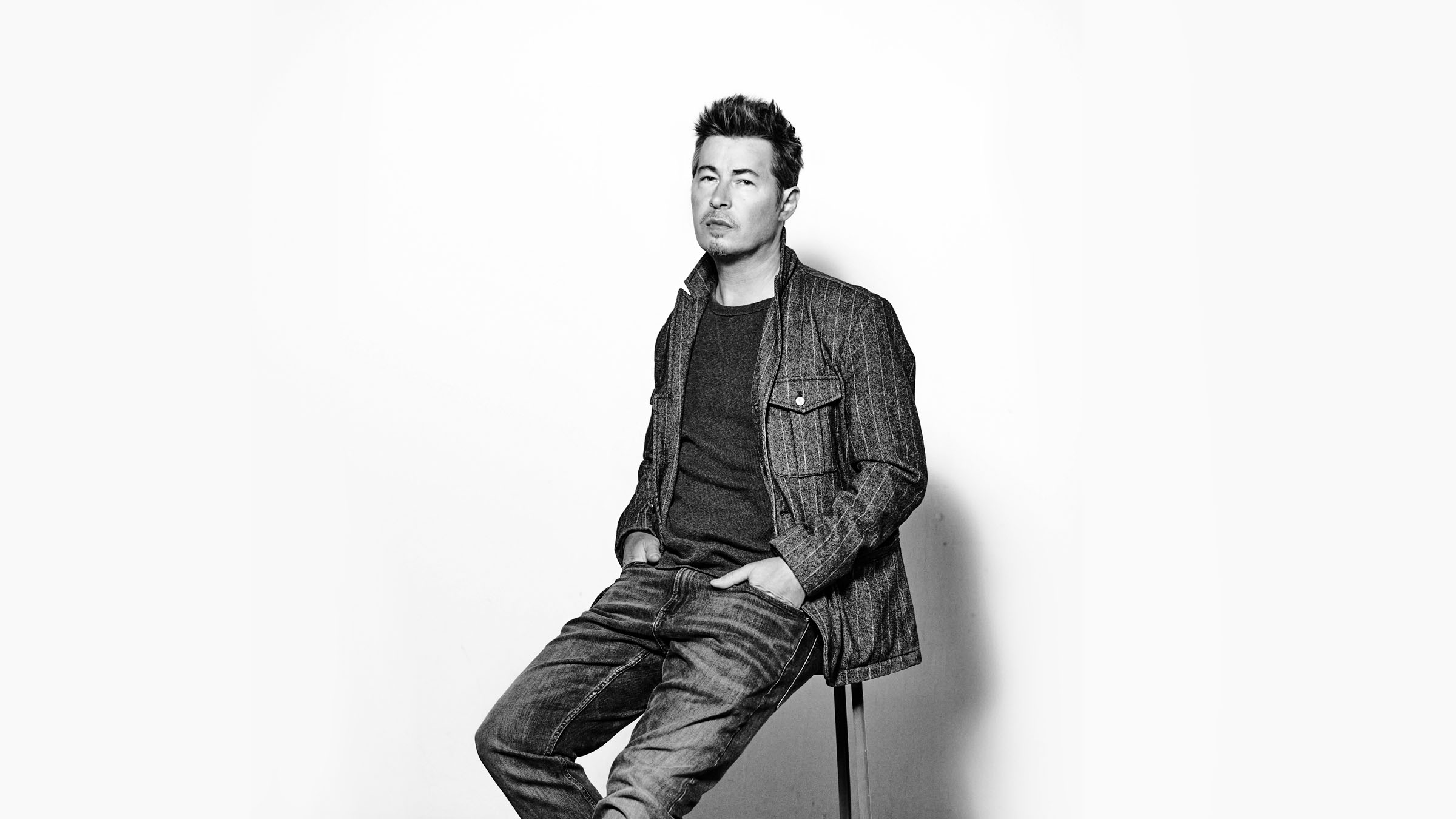

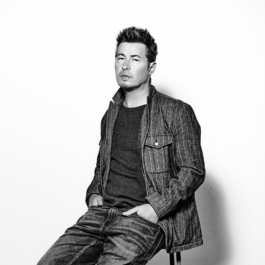




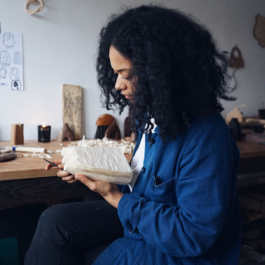




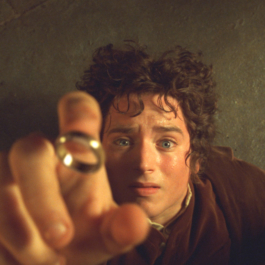
Sorry, the comment form is closed at this time.